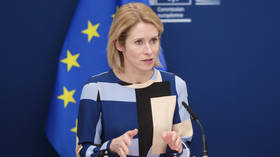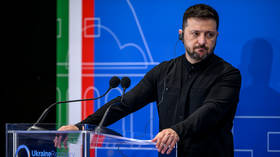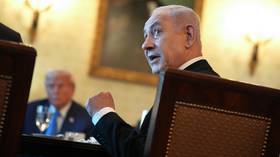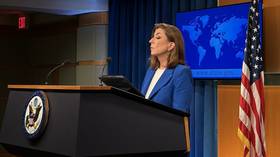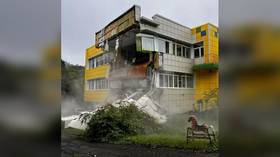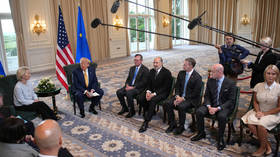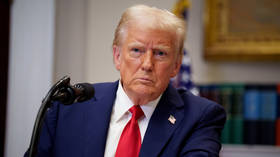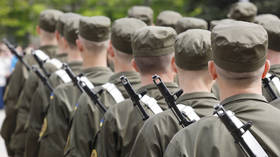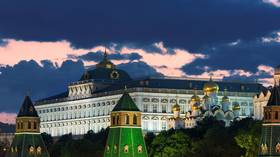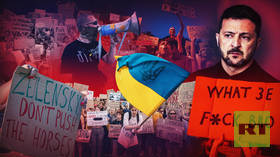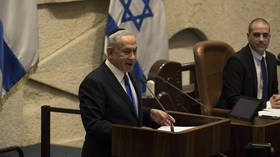‘Coalition of the willing’ split on Ukraine – EU’s top diplomat
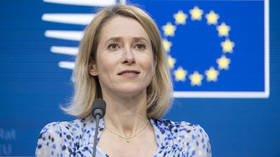
There is currently no agreement within the “coalition of the willing” - a group of Western European nations willing to back Ukraine in more military conflict - regarding a potential joint troop deployment to the country, top EU diplomat Kaja Kallas has stated.
Early last month, British Prime Minister Keir Starmer and French President Emmanuel Macron said they were ready to lead a coalition of European countries to support Kiev with ground forces and aircraft, if and when Ukraine and Russia achieve a ceasefire. The proposal followed the launch of bilateral peace talks between Moscow and Washington, from which both the EU and the UK were conspicuously left out.
Speaking to reporters on Friday, Kallas, the EU high representative for foreign affairs and security policy, said that the “different member states have different opinions and the discussions are still ongoing,” as quoted by The Telegraph.
When pressed as to whether the group’s meeting in Brussels on Thursday provided some clarity to the coalition’s plans, Kallas responded in the negative.
In contrast to her comments, UK Secretary of Defense John Healey told the gathering that “our planning is real and substantial. Our plans are well developed.”
Meanwhile, AFP cited unnamed European officials as saying later that day that thus far, only six nations, including the UK, France, and the Baltic states – Estonia, Latvia, and Lithuania – have pledged to contribute troops. The sixth country was not named.
Other potential coalition members have publicly expressed concerns about such a deployment and refused to make any commitment yet.
Dutch Defense Minister Ruben Brekelmans said the group must have the US on board – a scenario already ruled out by Washington.
“What is the mandate? What would we do in the different scenarios, for example, if there would be any escalation regarding Russia?” he asked.
“It’s helpful if there’s a clarity of what that mission would entail, and what do we do,” Swedish Defense Minister Pal Jonson similarly stated.
Late last month, Italian Prime Minister Giorgia Meloni ruled out Rome committing troops to any force deployed in Ukraine.
Moscow has repeatedly warned the West against sending ground forces to Ukraine under any pretext, specifically objecting to troops from NATO countries appearing in the country. Last month, former Russian president and the deputy chair of Russia’s Security Council, Dmitry Medvedev, said that such a development would mean a war between the bloc and Russia.
